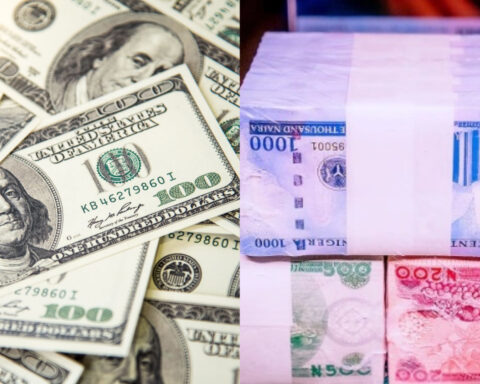Nigeria, grappling with an import bill of around N970.22 billion on wheat in the last year, has seen a notable decline in figures according to the National Bureau of Statistics’ foreign trade report.
Minister of Agriculture Abubakar Kyari says he anticipates a complete halt to wheat imports within the next four to five years.
Join our WhatsApp ChannelIn the last twelve months, spanning October 2022 to September 2023, the country’s wheat imports amounted to N970.22 billion, marking a decrease from the N1.15 trillion recorded in the previous period. This represents a 15.71% decline in wheat imports and a noteworthy shift in consumption patterns.
READ ALSO: Nigeria’s Stockfish Imports From Norway Declines Amid Economic Challenges
Amidst this, the third quarter of 2023 saw the highest wheat import figures, standing at N331.76 billion, signaling a potential shift in trend.
According to data from the Ministry of Agriculture, Nigeria’s domestic wheat production remains lower than its consumption, with an annual production of 420,000 metric tonnes against a consumption of approximately 6.5 million metric tonnes, making the country heavily reliant on imports.
Kyari, emphasizing the government’s commitment, remarked, “Wheat imports will cease in the next four or five years.” Policies supporting farmers with a 50% subsidy for dry season agriculture and extensive cultivation in states like Jigawa are part of the strategy to achieve self-sufficiency.
The impact of these imports on staple food prices has been palpable. The recent surge in prices of bread, pasta, and noodles, staples made from wheat flour, has been noticeable.
The National Bureau of Statistics’ food survey report reveals a stark increase of 52.69% in bread prices over the past year.
Factors such as global supply chain disruptions due to conflicts and the devaluation of the naira have contributed to this surge.
Wheat, constituting over half of the production cost of bread, has been affected by these global dynamics.
As Nigeria navigates these challenges, efforts to bolster domestic production remain pivotal in achieving self-sustainability in wheat production and curbing the impact on food prices.
Emmanuel Ochayi is a journalist. He is a graduate of the University of Lagos, School of first choice and the nations pride. Emmanuel is keen on exploring writing angles in different areas, including Business, climate change, politics, Education, and others.















